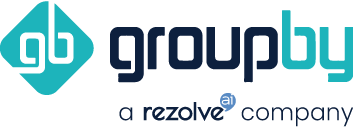Forbes says that 80% of shoppers will leave your site if they’ve had a bad search experience. We’ve all experienced search results that had little or nothing to do with what we were looking for. It’s incredibly annoying. But it’s also extremely bad for business. To drive successful searches and valuable conversions your product data needs to be accurate, complete and tuned into the way people shop for your particular products. Data enrichment can take care of all of this, and there are vendors that can help. But first you need to understand the type of help that’s available. There are scrapers and there are partners, and they are not created equal.
Scrapers, crawlers and other strange creatures to avoid
Scrapers are vendors that use crawling or spidering software to scrape data from the web and simply add it to yours. Does that sound like a good idea? Web data scrapers are likely pulling data that’s just as dirty or incomplete as yours. And it certainly won’t be customized to the needs, objectives and demographic of your business. Good data enrichment companies don’t rely on scraping software to figure out what your shopper needs. Instead, they employ the latest AI and machine learning algorithms, backed by the insight of smart humans, to custom curate the type of data your customers will respond to. Go ahead and recommend a data scraper to the competition, but don’t use one yourself.
Juicing up the data
Data enrichment normalizes and standardizes your data, making it clearer, more detailed and more relevant for your shoppers. It classifies your products into standard groupings, checks for accuracy and completeness and enables you to finely tune product descriptions with valuable attributes. When 60% of online shoppers say irrelevant search results are the most frustrating part of their online experience, it’s no surprise that 88% say detailed product content is extremely important. Give shoppers the information they need to buy from you. You can do this by enlisting the help of a pro data enrichment partner.
5 things the pros bring to the table
1. Methodology
Data enrichment can enable you to define your attribution strategy for current and future catalogs. So look for a company that takes a long-term view, proactively adds clean data, automates processes and has a methodology that makes sense now and as your catalog grows.
2. Strategy
A good vendor won’t simply take your products in and regurgitate a strategy they’ve used with other companies like yours. Through custom curation, machine learning, image recognition and product comparisons, they should build rules and algorithms that apply all the right attributes to your products – ones that resonate with your customers. And if you’re tempted to look for a vendor offshore, be aware that those companies may simply not be able to build attributes that sync with the lingo your customers use. If you want to be sure that your search results are relevant, it might be a good idea to look closer to home.
3. Expertise & Speed
Work with a seasoned company that’s been doing data augmentation for a long time. They’ll likely be faster and more thorough than newer companies still finding their footing. The fastest and most effective vendors will have built all their automation and data augmentation tools in house. They’ll own everything, run everything and have control over everything, including manipulating and analyzing your data. So that vendor won’t have to rely on the vagaries of third-party vendors to get the job done well and fast.
4. Customization
Every business is unique and approaches customer service and merchandizing differently. So choose a vendor that consults with your marketing, your buyers, your merchandisers and more, to gain a deep understanding of what’s important to your company and customers. If it looks like a vendor won’t take the time to involve your key people, choose another one. You need a vendor that will do everything they can to build the perfect custom data set for your business.
5. Security
Check the vendor’s data privacy and security standards and certifications. Go for one that’s SOC 2 Type II compliantand able to meet all your other requirements. Also, find out where your data will reside. If it’s headed to an offshore cloud or server, can the vendor assure you that the data privacy requirements of your country and company will still be upheld? Find out where your data will be at each stage along its path to enrichment. If it’s headed somewhere you don’t want it to go, find another vendor.
Beware of out-of-the-box solutions, such as data scrapers, that don’t have the scope, capabilities or human expertise to provide custom data that resonates with your shoppers. If you want to take a deeper dive into how to find a good data enrichment vendor, check out: Way Beyond Data Scraping: 10 Tips to Select a Vendor for Data Enrichment.


